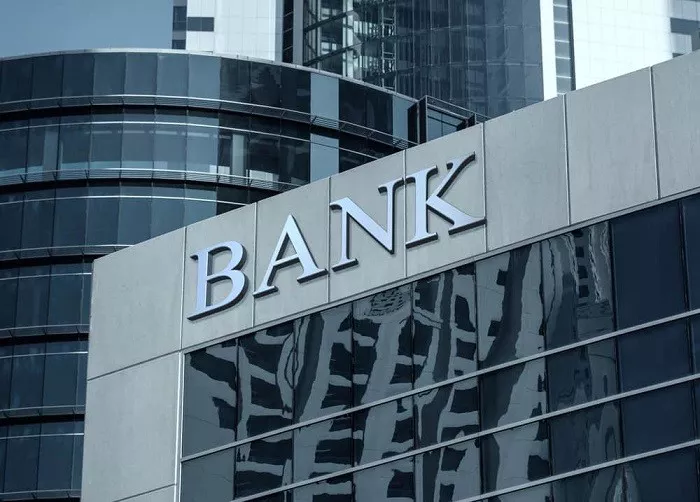On Friday, South Korea’s central bank enacted its first policy rate cut in more than four years, responding to mounting pressures to stimulate a sluggish economy despite ongoing concerns about high household debt levels. The Bank of Korea (BOK) lowered its key interest rate by a quarter percentage point to 3.25%, marking the first reduction in borrowing costs since May 2020, when the nation was grappling with the economic fallout of the COVID-19 pandemic.
Previously, the bank had raised rates by a quarter point in August 2021 due to inflationary concerns and surging household debt, largely driven by soaring property prices. Following this adjustment, the BOK maintained a steady rate for over three years.
In its statement, the BOK indicated that domestic demand is recovering slowly, hindering economic growth. It noted that the current inflation environment shows signs of stabilization and that the rate of household debt growth is beginning to decelerate, particularly as the housing market in the greater Seoul area cools.
The bank also highlighted growing uncertainties in South Korea’s trade-dependent economy, including potential ramifications from the escalating crisis in the Middle East, which could affect fuel prices, exchange rates, and public utility costs.
“The trajectory of future economic growth is likely to be shaped by the recovery pace of domestic demand, economic conditions in major economies, and trends in information technology exports,” the bank stated.
It added that the rise in housing prices within metropolitan areas and household debt is expected to gradually taper off, attributed to strengthened macroprudential policies aimed at ensuring financial system stability.
However, the BOK acknowledged the necessity of monitoring risks associated with the reduced base interest rate, particularly concerning its potential impact on household debt.
The bank projects that South Korea’s economy will grow by 2.4% this year, a slight decline from the 2.6% growth expected in 2023.
Related topics:


